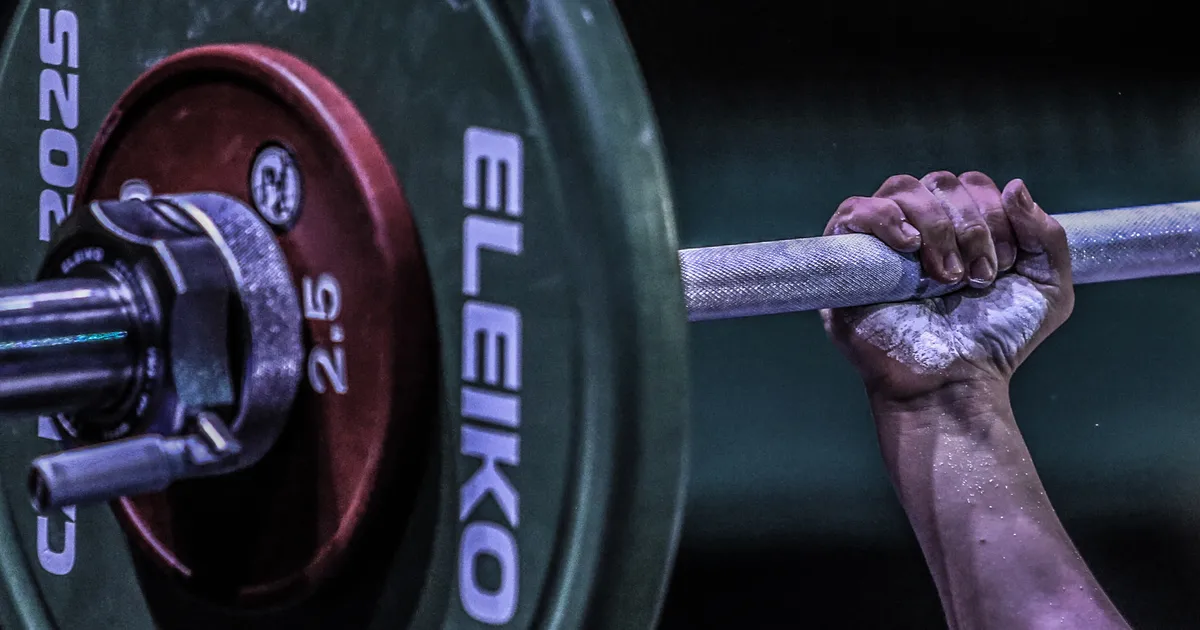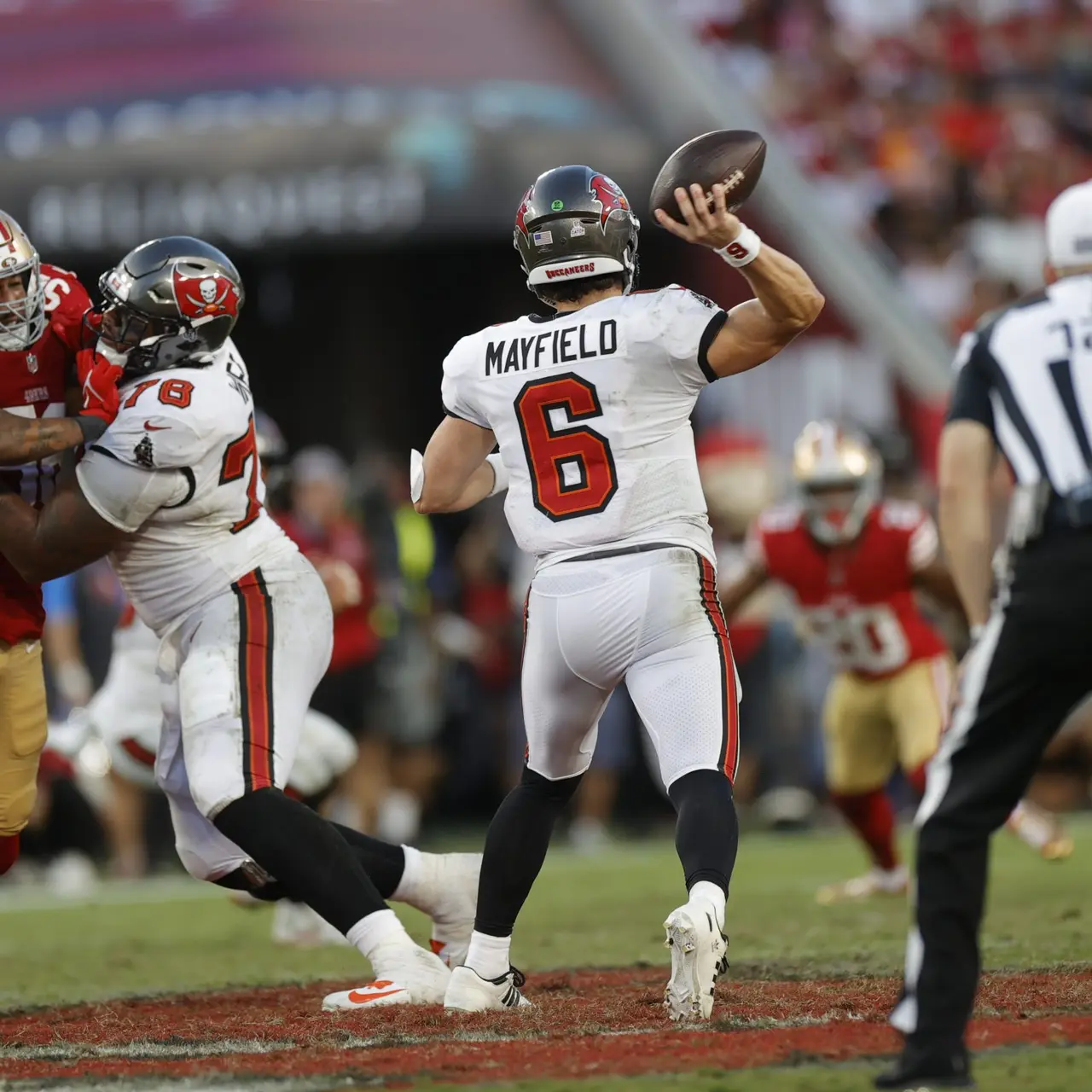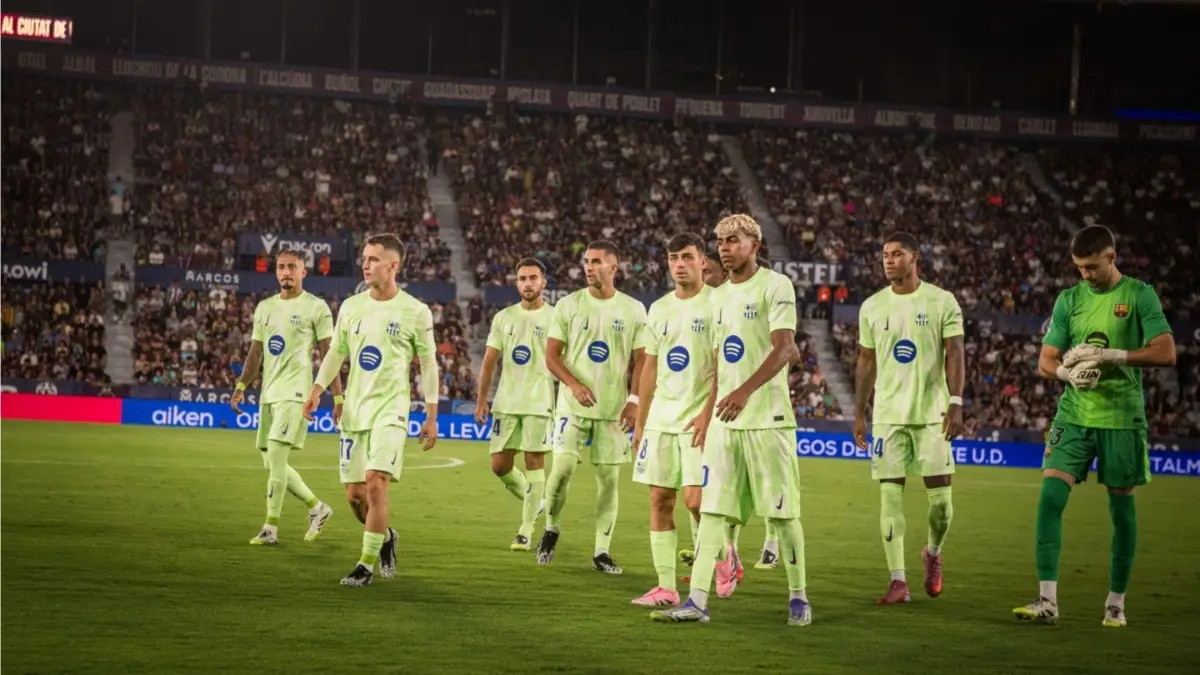Copyright HuffPost

LOADINGERROR LOADING The Minnesota Supreme Court ruled on Wednesday that an athletic organization violated the state’s anti-discrimination law when it barred a transgender athlete from competing, culminating a six-year-long legal battle. Minnesota Supreme Court’s Chief Justice Natalie E. Hudson affirmed that a sport organization’s policy barring trans women from competing is “facially discriminatory and constitutes direct evidence of discrimination based on sexual orientation under the [Minnesota Human Rights Act’s] prohibition against discrimination in business and places of public accommodation.” Advertisement The decision reversed a court of appeals ruling that had sowed doubt on whether the organization, USA Powerlifting, had made the decision to bar an athlete from competing based on her transgender identity. However, the court sent a portion of the case back to trial to revisit a “genuine dispute of material fact” as to whether USAPL’s push to “ensure competitive fairness in an athletic competition satisfies the legitimate business purpose defense.” In 2018, JayCee Cooper, then 30 years old, joined USA Powerlifting, a leading powerlifting competition organization, with the hopes of competing in Minnesota state’s bench press and women’s championships the following year. USAPL stated that it adheres to the World Anti-Doping Agency standards which prohibits certain prescription medications. Cooper, who takes spironolactone to suppress testosterone production in her body, applied for an exemption to this rule. She provided a letter from her doctor and therapist to demonstrate that this medication was essential treatment for her gender dysphoria. Advertisement But a month before the competition, USA Powerlifting told Cooper she could not compete because it claimed that trans women had a “direct competitive advantage,” and the organization revoked her competition card. At the time, USAPL did not have an explicit policy about the participation of transgender athletes, but in January 2019, the organization announced a categorical ban on trans women’s participation in women’s events. That same year, Gender Justice, a based gender equity nonprofit in Saint Paul, filed a charge of discrimination on Cooper’s behalf with the Minnesota Department of Human Rights. Then in 2021, Gender Justice filed a lawsuit against USAPL alleging that the organization violated the state’s three-decade-old Human Rights Act, which includes protections against discrimination in public accommodations on the basis of sexual orientation, sex or gender identity. “The court found USA Powerlifting liable for discrimination,” Gender Justice Legal Director Jess Braverman told CBS News after the ruling. “In other words, that when it comes to discrimination, public accommodation, you cannot bar transgender women from women’s sports teams, and that is a huge victory. We are so proud.” Advertisement Ahead of the ruling, more than 2,000 athletes, coaches, parents and advocates for LGBTQ+ equality signed a letter advocating for the inclusion of trans athletes in sports at all levels. “By ensuring that everyone has access to play and compete, we foster a society that values diversity, acceptance, and human rights. We call on governing bodies, athletic associations, and leaders at every level to reject policies that discriminate against transgender athletes and instead champion efforts to ensure their equitable treatment and participation,” the letter read. Wednesday’s ruling also comes on the heels of an ultimatum from the Trump administration to bar transgender students from competing in high school sports or risk losing federal funding. In September, the Department of Education and Department of Health and Human Services alleged that Minnesota’s schools violated Title IX, a 1972 federal policy that prohibits sex discrimination education settings, by allowing transgender women and girls to compete in female sports. Advertisement Under President Barack Obama and then again under President Joe Biden, Title IX was expanded to include gender identity and sexual orientation in order to protect transgender students. In both 2017 and now in 2025, President Donald Trump has rescinded this guidance. The Trump administration gave Minnesota until Oct. 10 to adopt policies barring trans athletes in an effort to compel Democratic-led states to comply with the president’s February executive order targeting trans women and girls in school athletics. MAGA makes'your mom'jokes. Your SupportFuelsOur Mission Your SupportFuelsOur Mission We make headlines. Serious questions deserve better than middle school humor. We remain committed to providing you with the unflinching, fact-based journalism everyone deserves. Thank you again for your support along the way. We’re truly grateful for readers like you! Your initial support helped get us here and bolstered our newsroom, which kept us strong during uncertain times. Now as we continue, we need your help more than ever. We hope you will join us once again. We remain committed to providing you with the unflinching, fact-based journalism everyone deserves. Thank you again for your support along the way. We’re truly grateful for readers like you! Your initial support helped get us here and bolstered our newsroom, which kept us strong during uncertain times. Now as we continue, we need your help more than ever. We hope you will join us once again. Support HuffPost Already contributed? Log in to hide these messages. Minnesota Attorney General Keith Ellison has said that being forced to ban trans athletes would conflict with the state’s Human Rights Act, and he vowed he would sue the Trump administration. Advertisement On the federal level, the question of whether bans on transgender athletes violate the constitution have yet to reach the Supreme Court, which is expected to hear two cases involving trans student athletes later this term.



